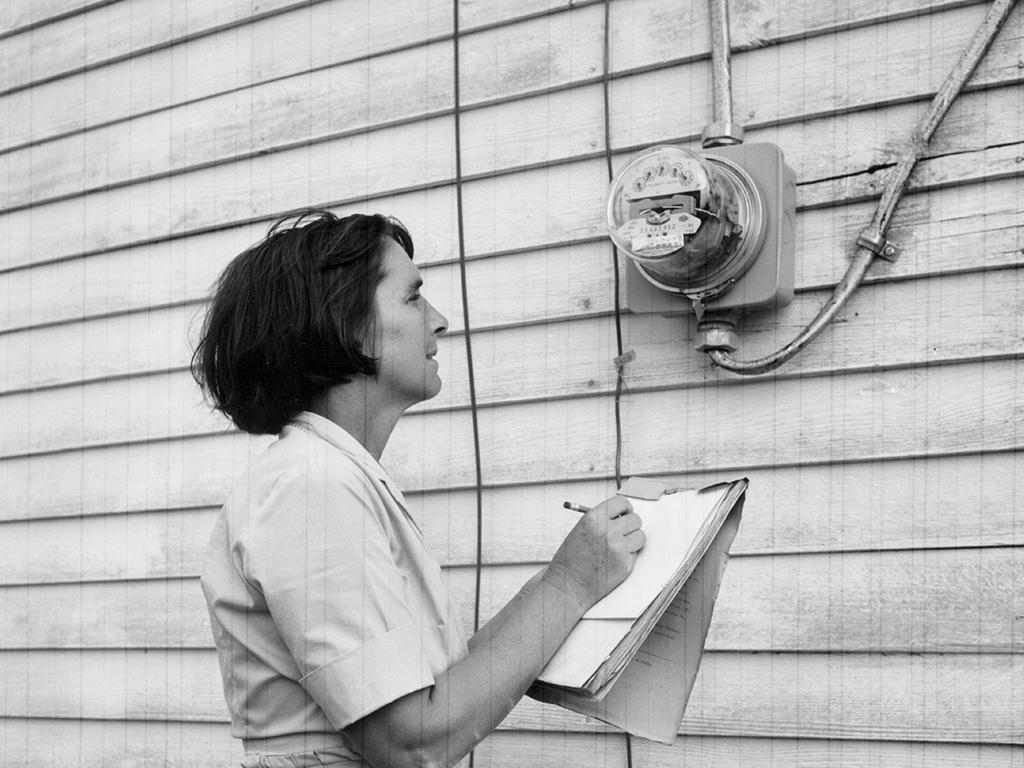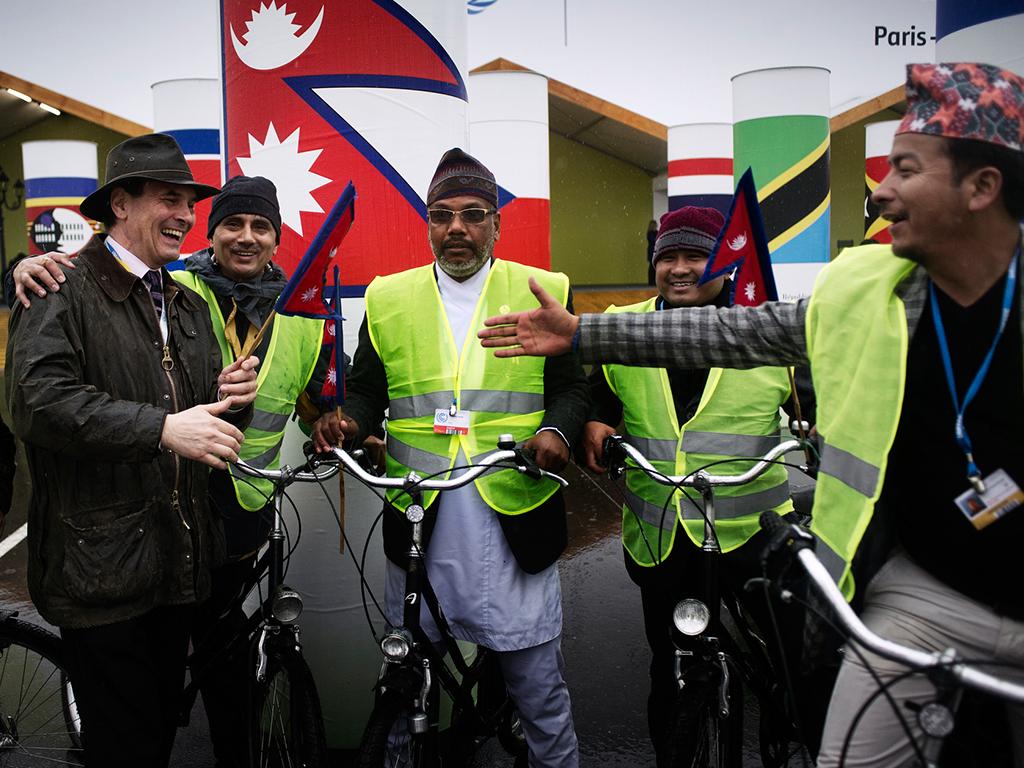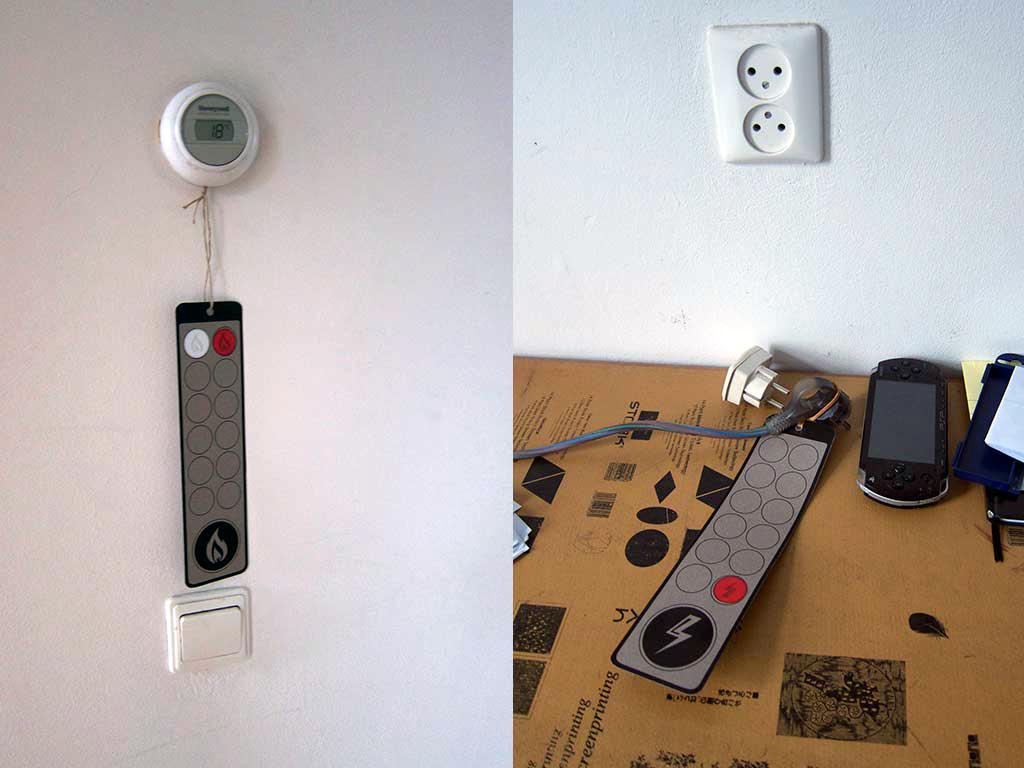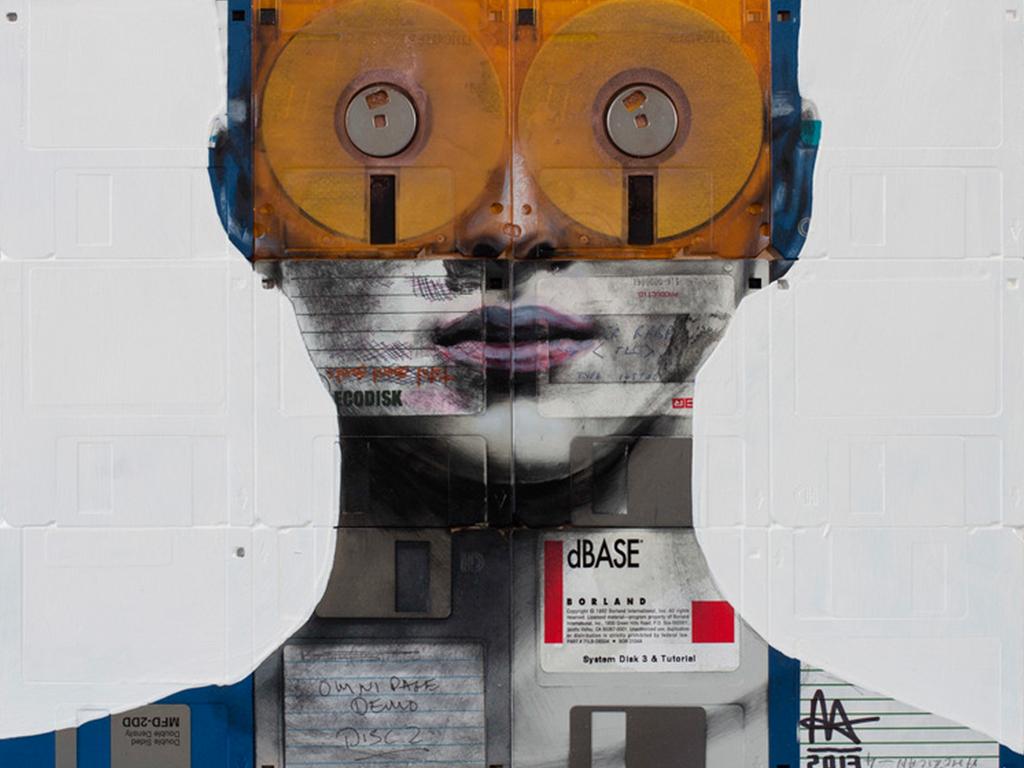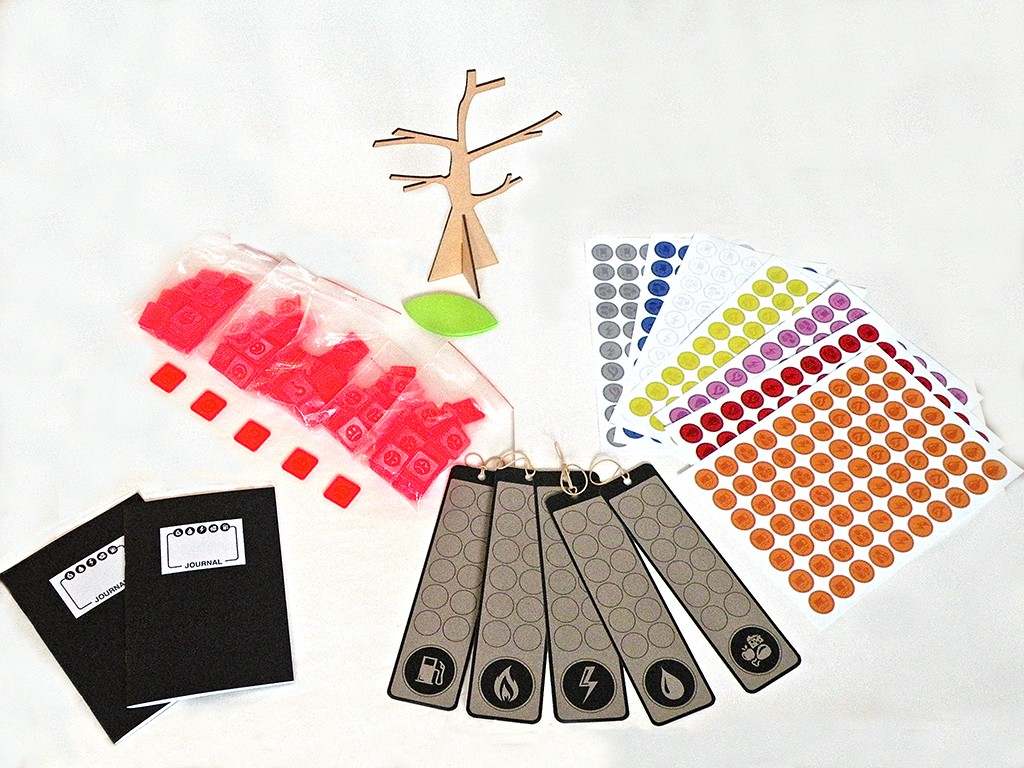
DecarboNet
A Decarbonisation Platform for Citizen Empowerment and Translating Collective Awareness into Behavioural Change.
Reducing our collective CO2 emission is a big challenge. This is true for governments, companies and global organisations, but also for us – ordinary citizens.
However, a lack of collective awareness negatively impacts perceived personal efficacy, which hampers efforts to address societal problems associated with such a global issue. It is also common for people not to correlate their individual behaviour with global impact, and thus underestimating their power to influence climate change.
Knowledge development is important when it comes to awareness, but still; knowing about a subject, and caring, is not the same as knowing how, or having the ability to act — even if you are willing to act. Because knowledge is not about ‘right now’, which is the environment we live in. And that environment determines our behaviour to a larger degree than any future scenario (paraphrased from ‘Hacking Human Nature for Good’, Ariely et.al. 2014).
DecarboNet was a multidisciplinary effort to identify determinants of collective awareness, translating awareness into behavioural change, and providing novel methods to analyse and visualise the underlying processes. In the project, we researched what and how people, organisations, and governments communicate about climate change (and how these communications were valued) using data analyses and experiments.
Utility Toolkit
But, we've also worked on practical solutions and tools for behavioural change. This has resulted in a ‘decarbonisation methodology’; a set of techniques and tools for influencing change in behaviour, tailored to fit the objectives of DecarboNet in terms of communities to engage and technologies to develop. Examples of these tools are the Utility Toolkit and the manual we developed, that both can be downloaded under 'Publications'.
When it comes to changing behaviour the suppliers of the infrastructure and the actual energy user need to be involved, as well as the people who are advocates for the issue. It requires a change in behaviour by governments, companies, and organisations, and by ordinary citizens. But we have to keep in mind that we can’t change peoples' behaviours. People change their own behaviours. But we are able to create an enabling environment and provide opportunities for people to become inspired by peers and examples.
To help develop these enabling environments, Waag introduced the Users as Designers philosophy in the DecarboNet project. We focused on the change agent, a person or organisation who acts as a catalyst for change, and we introduced the end user, the person in need of changing his behaviour in favour of the cause, in the design process of ‘enabling environments for change’. Using various methods of co-creation, and different tools (both technical and non-technical) we tried to answer questions like: How will people not only share concerns but also act upon them? How do we turn an ordinary citizen into a conscious and active citizen? And what obstacles need to be overcome to make change possible?
Following this process Waag develops a hands-on program (‘Start a Movement’) that can help change agents design enabling environments for behavioural change for and with the end user (in mind) — for any cause..
This project has received funding from the European Union’s Seventh Framework Programme for research, technological development and demonstration under grant agreement no. 610829.
Meta data
Project duration
Publications
Financiers
Partners
- The Open University UK
- MODUL Vienna
- The University of Sheffield
- Wirtschaftsuniversität Wien WU
- WWF Schweiz
- Green Energy Options Ltd GEO

